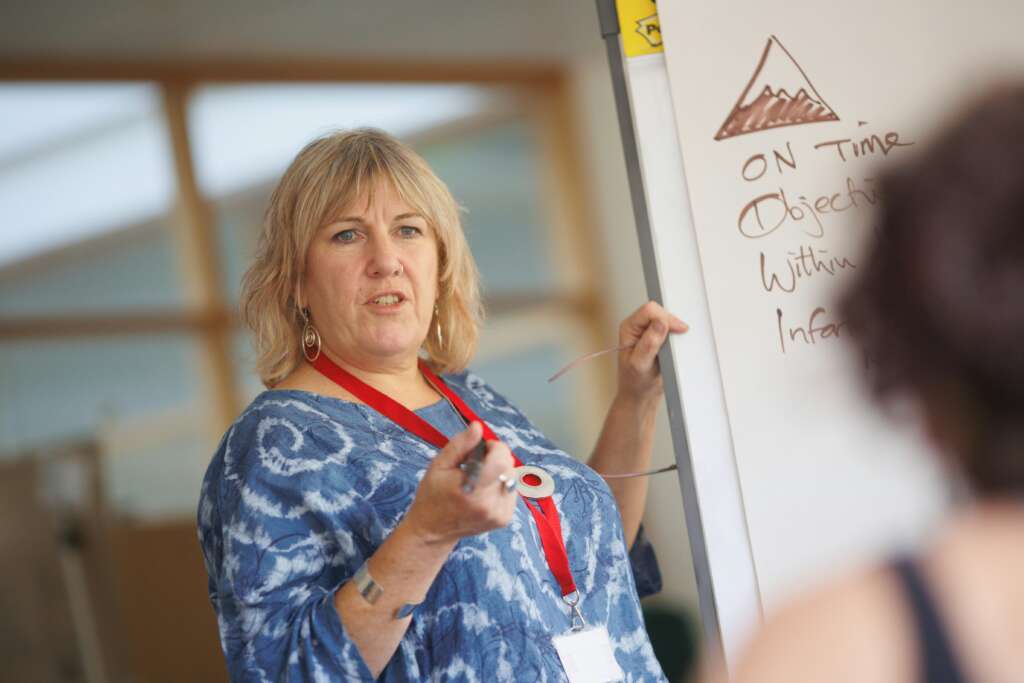Top Study Techniques For Students Eyeing TEFL
Teaching English as a Foreign Language (TEFL) is an exciting career path that opens doors to global opportunities. Mastering effective study techniques is crucial to excelling in TEFL courses and ultimately becoming proficient English language teachers for students considering this route.
Understanding the TEFL Landscape
You’ll find that a lot of places offer TEFL certifications, ranging from short online courses to more comprehensive university programmes. The content typically covers English language proficiency, teaching methodologies, classroom management, and cultural awareness.
Organisations like the British Council and CELTA (Certificate in Teaching English to Speakers of Other Languages) provide recognised qualifications that are respected worldwide. Understanding the requirements and structure of your chosen course is the first step in developing an effective study plan.

Immerse Yourself in the English Language and Culture
It might seem counterintuitive for native English speakers to focus on improving their own language skills. However, teaching English requires a deep understanding of its nuances, grammar rules, and cultural context. Immersing yourself in diverse English-language content can significantly enhance your teaching capabilities.
Consider reading a variety of English literature, from classic novels to contemporary works. Pay attention to different writing styles, idiomatic expressions, and how language use varies across different English-speaking cultures. Podcasts, news broadcasts, and films can also help you become more attuned to various accents and colloquialisms.
The British Library offers a wealth of resources for exploring the English language’s history and evolution. Their online exhibitions and digital collections can provide valuable insights into the language’s development, which can enrich your teaching approach.
Master Grammar and Pronunciation
A solid grasp of English grammar is fundamental for TEFL students. While you may use grammar intuitively as a native speaker, teaching it requires explicit knowledge of rules and structures. Invest time in studying advanced grammar concepts and common problem areas for English learners.
Resources like the Cambridge Grammar of English or Oxford’s Practical English Usage are invaluable references. Online platforms such as the British Council’s LearnEnglish website offer interactive grammar exercises that can help reinforce your understanding.
Pronunciation is another critical area. Familiarise yourself with the International Phonetic Alphabet (IPA) and practice identifying and producing the full range of English sounds. The BBC’s pronunciation guide can be a useful tool for this purpose.

Use Revision Notes
Creating and utilising revision notes is a cornerstone of effective studying, particularly for TEFL students who need to synthesise information from various areas of language and pedagogy.
Focus on creating clear, concise summaries of key concepts when crafting revision notes for TEFL studies. For grammar points, create tables or charts that illustrate rules and exceptions. For teaching methodologies, consider using mind maps to show how different approaches relate to one another.
Digital tools can be particularly useful for organising TEFL revision notes. You can also find study materials online. Look for revision notes at Studocu to help you prepare for your tests. They can help you feel more confident and prepared.
Include practical examples in your notes. If you’re studying a particular teaching technique, jot down ideas for activities or lesson plans that implement this method. This approach helps bridge the gap between theory and practice, preparing you for real classroom scenarios.
Remember to regularly review and update your notes. You may gain new insights or encounter different perspectives on teaching methods as you progress through your TEFL course. Incorporating these into your revision notes ensures that your study materials evolve along with your understanding.
Practice Teaching Techniques
While theoretical knowledge is crucial, TEFL is ultimately a practical skill. Incorporate active learning techniques into your study routine to practice what you’re learning.
Create mock lesson plans based on different language points or skills (reading, writing, speaking, listening). Try to anticipate potential student questions or difficulties and plan how you would address them. If possible, practice delivering these lessons to friends or fellow TEFL students.
Many TEFL courses include teaching practice as part of their curriculum. Make the most of these opportunities by thoroughly preparing and reflecting on your performance afterwards. Record your practice sessions if allowed, and analyse them to identify areas for improvement.

Cultivate Cultural Awareness
Teaching English often involves interacting with students from diverse cultural backgrounds. Developing cultural awareness is therefore an essential part of TEFL preparation.
Engage with international news sources to stay informed about global events and cultural trends. The BBC World Service offers news in English from various global perspectives. Consider learning about the specific cultures of countries where you might be interested in teaching.
Universities like SOAS University of London offer free online courses on intercultural communication, which can be invaluable for aspiring TEFL teachers.
Embarking on your TEFL journey can feel a little daunting but there are a lot of resources out there to help, and some exciting ground to cover. Make sure to do your research and prepare thoroughly and you’ll be absolutely fine!

